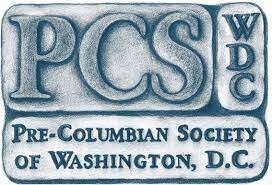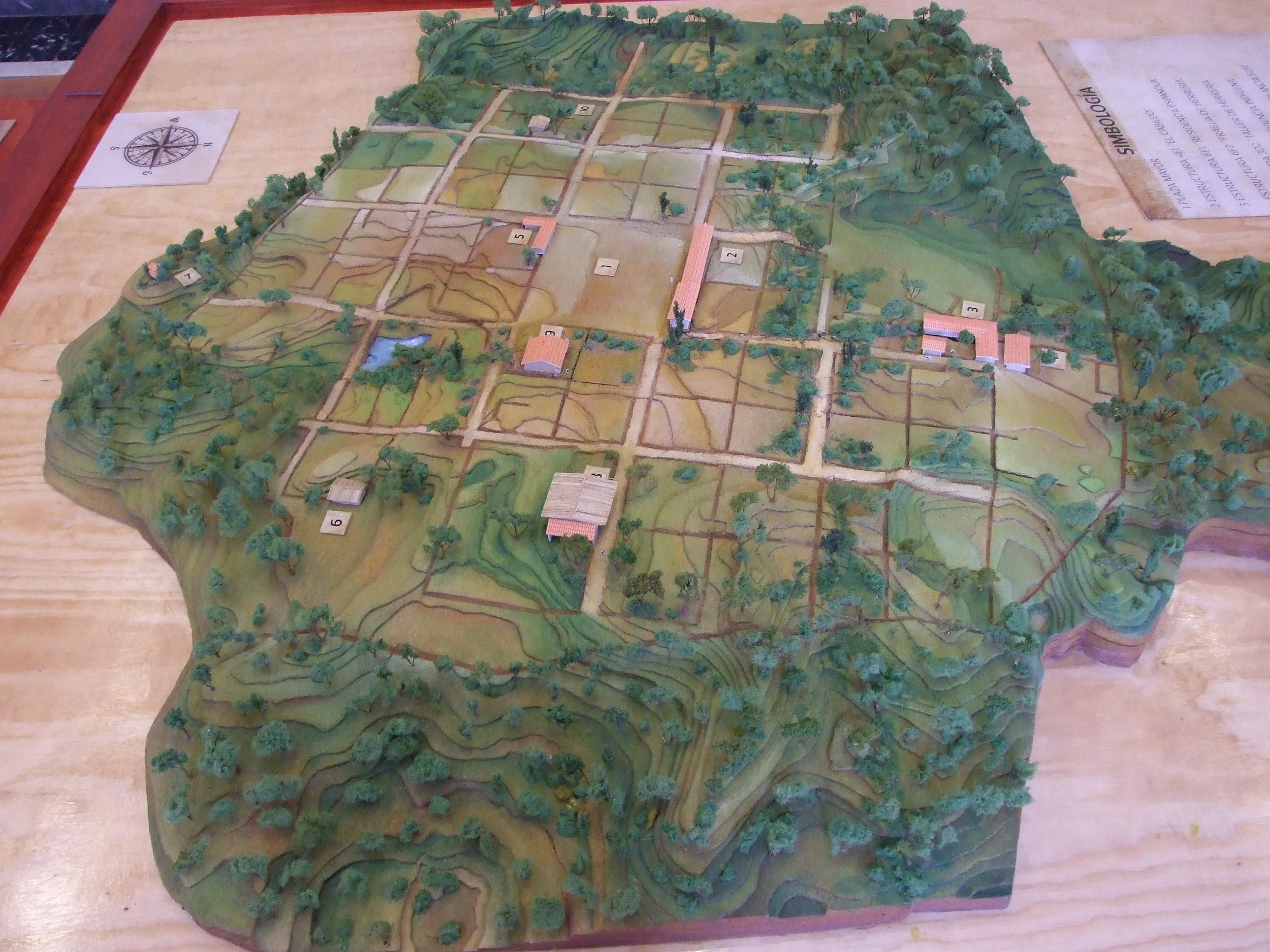Ciudad Vieja, El Salvador: Urban Landscape and Architecture of an Early Spanish Colonial Town
William R. Fowler, PhD, Vanderbilt University
MMMMM
The archaeological site of Ciudad Vieja, El Salvador, consists of the ruins of the first villa (town) of San Salvador. Founded as a military camp in 1525, hastily abandoned in 1526, and founded again on the same site in 1528, the town was built on an orthogonal grid plan clearly visible on the surface today with a core urban area covering 45 ha, virtually all of which was filled with various types of densely packed, Spanish-associated constructions. Outside the core area of the grid plan, the remains of Indigenous residences, occur in zones to the west and south covering approximately another 45 ha. These pertained to yndios conquistadores from Mexico who, after serving as allies of the paniards in wars against the local Nahua Pipil and Lenca groups, stayed to settle on the periphery of the town after it was founded. Archaeological and historical research on Ciudad Vieja presents a dramatic picture of the interactions between Spanish and Indigenous people in this frontier town during the early 16th century which can be studied through its urban landscape and architecture. The majority of the city's population was Indigenous, as is much of its archaeological material culture. For these Indigenous people, a drastic cultural shift occurred in the creation of a new Spanish urban center and a reality very different from the one they knew in the pre-Columbian world. The Spanish demanded an enormous amount of Indigenous labor to create an urban landscape with a plan and architecture evoking the power structure of the early modern Spanish world of the sixteenth century. Nevertheless, many Indigenous people accepted the challenges of moving forward in this new world. For the Spanish too, the town of San Salvador did not entirely conform to colonialist expectations. They adopted new forms of practice in the use of objects, their diet, and, in some cases, even their social ties, as some married or were accompanied by Indigenous women, resulting in biological and cultural hybridization.
William R. Fowler is a Professor Emeritus and Research Professor of Anthropology at Vanderbilt University. He holds a PhD in Archaeology from the University of Calgary, 1982. His earliest field experience in El Salvador in 1975 led to a lifelong interest in the Nahua peoples of Mexico and Central America from pre-Columbian times to the Colonial period. Since 1996 he has concentrated on historical and archaeological research on San Salvador and the early colonial period. His is the author of The Cultural Evolution of Ancient Nahua Civilizations: The Pipil-Nicarao of Central America (University of Oklahoma Press, 1989) and A Historical Archaeology of Early Spanish Colonial Urbanism in Central America (University Press of Florida, 2022). His main focus in current research and writing is comparative Spanish colonial urbanism.
This lecture will be presented on Zoom. To attend, please pre-register HERE.

